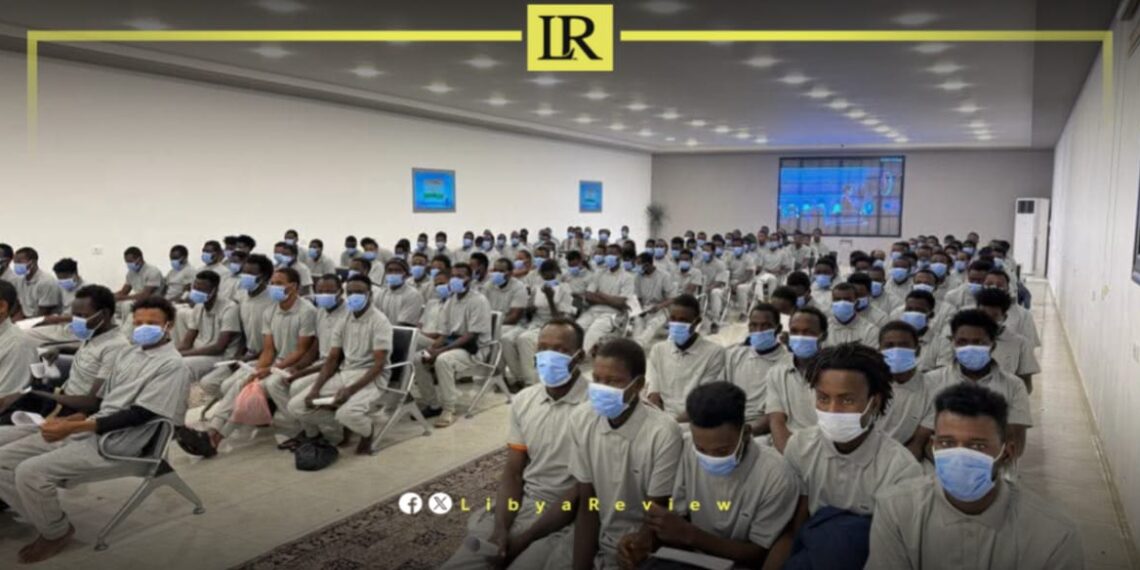Nigeria has confirmed that around 7000 of its citizens remain stranded in Libya, raising new concerns about migrant protection and repatriation efforts.
The National Commission for Refugees, Migrants and Internally Displaced Persons (NIDCOM) said that many Nigerians are still stuck in detention centres and unsafe conditions across Libya. Chairperson Abike Dabiri-Erewa urged stronger cooperation to resolve the crisis, describing the situation as “urgent and deeply concerning.”
Her statement came as the International Organization for Migration (IOM) launched its Nigeria Strategic Plan 2025–2027 in Abuja. The new plan focuses on migration governance, protection of vulnerable groups, and support for sustainable development.
The IOM said the strategy reflects Nigeria’s own priorities and will strengthen joint work on migration management. The launch event was attended by senior Nigerian ministers, diplomats, and humanitarian agencies.
IOM’s Head of Mission in Nigeria, Laurent de Boeck, said the plan was designed to provide “national ownership and international support.” He added that the stranded migrants in Libya highlight the urgent need for coordinated action.
Nigeria remains one of the main countries of origin for migrants travelling through Libya in hopes of reaching Europe. Many face exploitation, detention, or deportation during the journey. The IOM has facilitated thousands of voluntary returns from Libya in recent years, but the new figure of 7000 stranded Nigerians shows the scale of the challenge.
Officials stressed that the new strategic plan aims not only to respond to emergencies but also to address the root causes of migration, including poverty, unemployment, and insecurity.
Nigeria and the IOM pledged closer partnership to ensure that stranded migrants in Libya receive humanitarian assistance and safe pathways back home.


